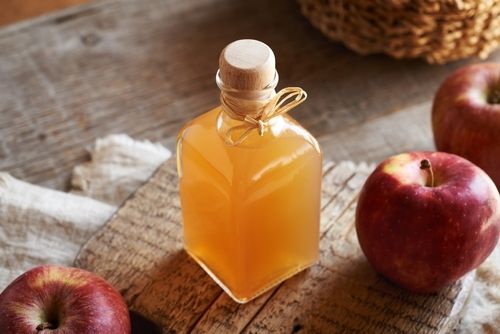
The Bitter Truth about Folate: From Food to Supplements
- Jul 21, 2024
We all love our B vitamins (who doesn't?), and undoubtedly one star player in the B-team is folate, aka folic acid, folacin, or the suave-sounding Vitamin B9. Synthetic folic acid struts its stuff in supplements or fortified foods, while natural folate struts around raw and free in whole foods.
This vitamin may sound humble, but it packs a punch, playing pivotal roles in red blood cell creation and cellular function. Keep it on the team when you're hoping for a bun in the oven, because folate's got vital roles in bub's development.
Most folks get their fill of folate with a balanced diet chock-full of fruits, lush green veggies, beans, peanuts, eggs, not forgetting the carnivores with some meats as great sources too.
"But what if I'm not a kale and beans enthusiast?" you sneer. Well, fear not because there's a rainbow of cereal grains breakfast options, fortified with folic acid in case nature's option doesn't find favor with your finicky palate.
Who says a pill doesn't solve anything? Folic acid supplements are there for those who need extra folate in their daily routine or merely can't stomach enough via feeding.
However, here's a sobering reality check. FDA tends to be a bit laid back when it comes to policing supplements as they do with prescription drugs. Hence, some products could be playing hide and seek with what's listed on their label. Always opt for third-party tested products and chat up your healthcare provider, a nutrition-savvy registered dietitian, or pharmacist before popping any pill.
Folic acid can perform its Houdini…(think high absorbability)…clocking in about 85% bioavailability when gulped down with food, and an impressive 100% when taken with zero grub in your gut.
Before popping that folic acid supplement like candy though, remember to check first if it won't mess with any prescribed medications you're already on. On the flip side, folic acid supplements can plug the hole of a folic acid deficiency, often advised during pregnancy to prevent certain birth defects.
A word to the wise though, an isolated folate deficiency is as rare as a unicorn sight, meaning that if you're approximately low on folate, you're likely to be hitting the low mark in other nutrients too. Matters regarding nutritional deficiencies should always be brought up with your primary healthcare provider.
At the end of the day, just like a classic Shakespearean tragedy, the folate tale isn’t without its share of controversy and intrigue. Potential health concerns, interactions with prescription meds, and individual needs mean you should pretend you're on a doctor's TV drama before slotting folic acid into your supplement lineup. Always consult pros in white lab coats (read: your healthcare provider) before adding any dietary supplements.
In conclusion, folate is an underappreciated VIP in your nutrition game. It's there in your daily nourishment, defends against neural tube defects in pregnancy, and supplements are available for backup support. If you're doubting your folic acid feud in your diet, get professional advice from healthcare providers or registered dietitian nutritionists. They certainly got your back!






